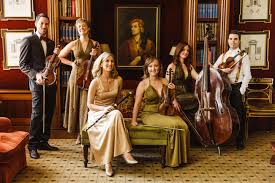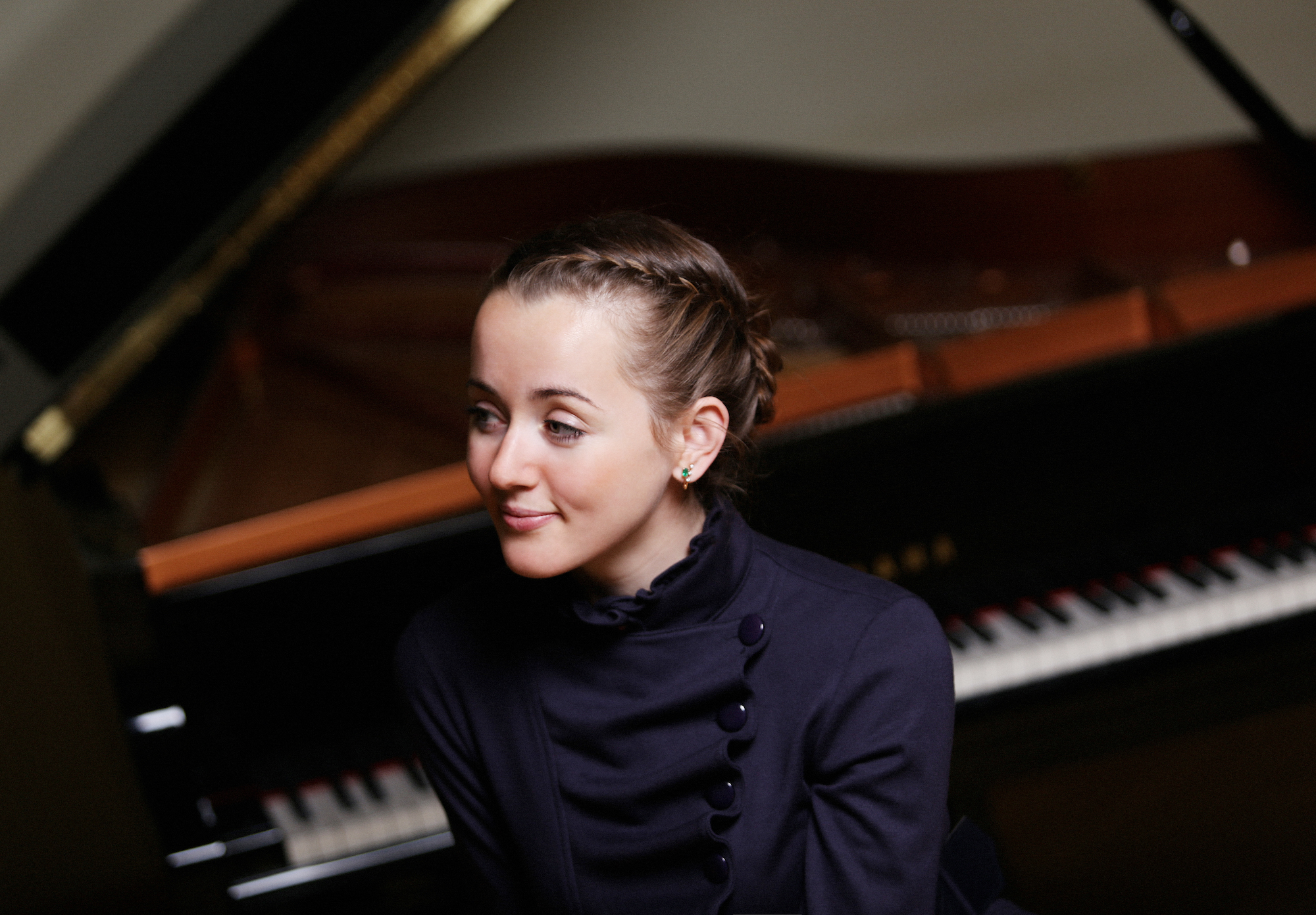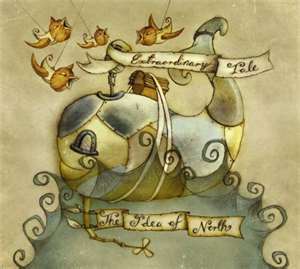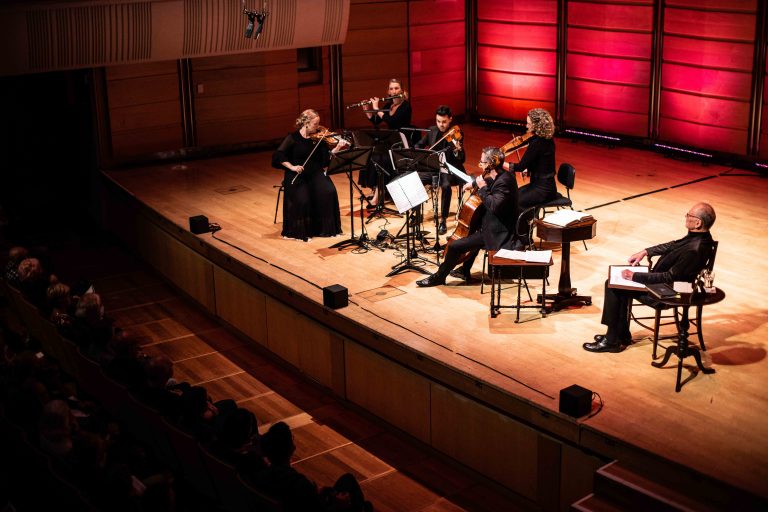Movie Reviews: Enthralling Biopics About Two Opera Icons

Two European film festival in Sydney last week saw the screening of two riveting movies about opera icons Luciano Pavarotti and Maria Callas.
Pavarotti, directed by Ron “Happy Days” Howard is a 2019 documentary, shown as part of the Italian Film Festival, brimming with personal comments from Pavarotti, his first wide Adua and three adult daughters, his assistant, student and later, his mistress Madelyn Renee and his second wife Nicoletta Mantovani; also interviewed are luminaries who worked alongside Pavarotti – Zubin Mehta, Placido Domingo, Jose Carreras, Bono, his manager Herbert Breslin and Lang Lang.
Although reviews from around the world have been mixed, this is a warts and all story which is essential viewing for opera lovers. The camera doesn’t shy away from extreme close-ups as Pavarotti is asked how he would like to be remembered. The creases on his face from years of stage make-up, the laugh lines, the impossibly black dyed hair; the pre-performance nerves, the at times fraught relationship between his first and second families; students of voice would do well to observe his singing technique.
Pavarotti’s discovery, like many singers, was serendipitous after he stood in for an unwell Giuseppe di Stefano as Rudolfo in “La Bohème” at London’s Royal Opera, Covent Garden. Here was a baker’s son, born in Modena who started his singing life in the church with his father, and his working life as a teacher.
A sign of the times, audio and video footage of Pavarotti are scarce, but precious. There is some footage of his early career in opera; certainly there is more material on the years after his prime on the stage when he looked to more popular forms of music, creating “Pavarotti and Friends,” a series of charity concerts which raised millions, held in his home town of Modena with collaborators who included Bono, Sting and Grace Jones.
And who could forget the Three Tenors concert, with its musical clowning and Pavarotti’s defining rendition of Nessun dorma?!
Pavarotti shows us aspects of the tenor’s life which were eclipsed by his later status as a mega-star – his humble beginnings, early classical career, his abundant charity work, his wit and affability. This was a great man with a big voice and a big heart. Not to be missed.
More distant in history was the life of soprano Maria Callas who died in 1977. This 2017 Tom Volf production was shown during the Greek Film Festival with extensive documentary footage and Maria’s own words narrated by Joyce DiDonato. Callas’ life was as fabled and as tragic as any of the heroines she portrayed. She too came from modest beginnings, born in New York and travelling to Greece as a teenager to pursue a singing career. “There must be a law against forcing children to perform at an early age. Children should have a wonderful childhood. They should not be given too much responsibility,” she says. Maria by Callas examines the two personalities – the private Maria and the public Callas; it shows her vulnerability, always playing to the cameras, protesting too much that she will not be interviewed, often at the mercy of various stronger figures – her mother, her manager then husband Battista Meneghini, Aristotle Onassis who betrayed her in marrying Jacqueline Kennedy – Maria found about this form the newspapers, and lastly Pier Paulo Pasolini who directed her in Medea. Callas died young, aged just 53, whilst still trying to make a comeback as a performer. Her last tours were not successful and we are spared that unhappy experience. It is said she dies of a heart attack. Perhaps it was a broken heart.
Shamistha de Soysa for SoundsLikeSydney©
‘Pavarotti’ is showing around Sydney at Palace Cinemas and the Hayden Orpheum; ‘Maria by Callas’ is expected to be available on iTunes in early November.







